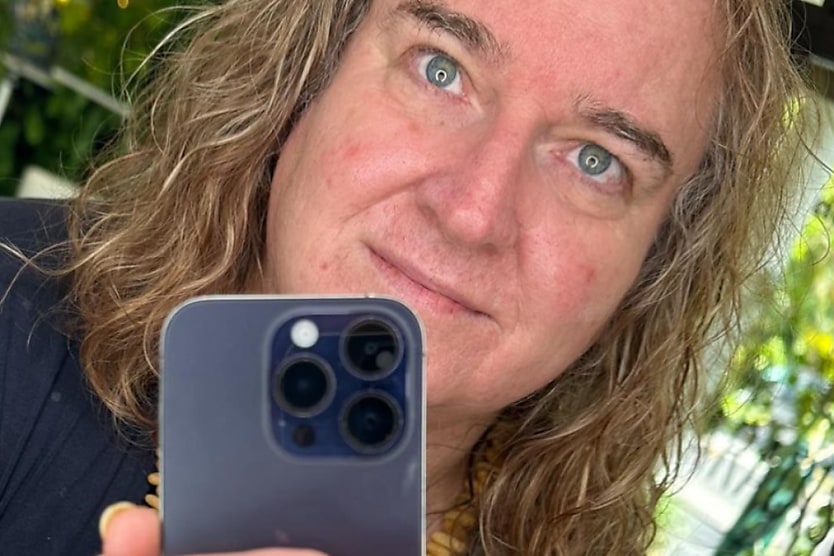Landmark case a ‘great win’ for transgender women
SHARE THIS ARTICLE

In a “great win” for transgender Australian women, the Federal Court found a “women’s only” social media platform discriminated against a user because she did not look sufficiently female.
Transgender woman Roxanne Tickle was indirectly discriminated against by Giggle for Girls, a “women’s only” social media app, and chief executive Sally Grover, Justice Robert Bromwich found in a landmark judgment handed down on Friday (23 August) morning.
Giggle for Girls and Grover were ordered to compensate Tickle in the sum of $10,000 and to pay costs capped at $50,000.
However, Justice Bromwich stopped short of granting Tickle’s request for an apology, finding it would only be “futile and inappropriate to require an inevitably insincere apology to be made”.
Professor Paula Gerber, with Monash University’s faculty of law, said the decision was a “great win” for transgender women.
“This case sends a clear message to all Australian women that it is unlawful to treat transgender women differently from cisgender women. It is not lawful to make decisions about whether a person is a woman based on how feminine they appear,” Gerber said.
After submitting a photograph of herself in February 2021, an artificial intelligence software designed by Grover’s father to detect men determined Tickle was female and allowed her access to the app.
However, sometime in September or early October that year, Tickle logged on to find she could not comment on posts, could not see other user’s comments, and received the message “blocked user” when she attempted to pay for premium access through the app.
Given that the company routinely has a person review photographs, Justice Bromwich said it was “most likely” a natural person – and possibly Grover herself, although it was never confirmed – had blocked Tickle’s access to the app’s features.
Giggle for Girls and Grover did not deny kicking Tickle off and instead challenged the validity of the gender identity discrimination positions that were inserted in the Sex Discrimination Act in 2013.
The respondents also opposed the submissions made by the Australian Human Rights Commission, which joined as an intervener only to assist the court in understanding key legal terms.
In submissions, Giggle for Girls and Grover argued that the word “man” can only mean adult human male and that the word “woman” can only mean adult human female, and they did not accept that this could change.
The court found the way they ran their case only “tended to help Tickle to establish indirect discrimination”.
Tickle advanced an allegation of direct discrimination on the grounds of gender identity, but Justice Bromwich said there was no evidence that Giggle for Girls or Grover knew Tickle was a transgender woman.
“That claim of direct discrimination by reason of not being readmitted to use the Giggle App suffers from a shortfall of evidence establishing Ms Tickle’s messages made the respondents aware of her gender identity, and that there was no response to Ms Tickle’s inquiries by reason of her gender identity,” Justice Bromwich said.
The case citation is Tickle v Giggle for Girls Pty Ltd (No 2) [2024] FCA 960.
RELATED TERMS
According to the Australian Human Rights Commission, discrimination occurs when one individual or group of people is regarded less favourably than another because of their origins or certain personality traits. When a regulation or policy is unfairly applied to everyone yet disadvantages some persons due to a shared personal trait, that is also discrimination.
